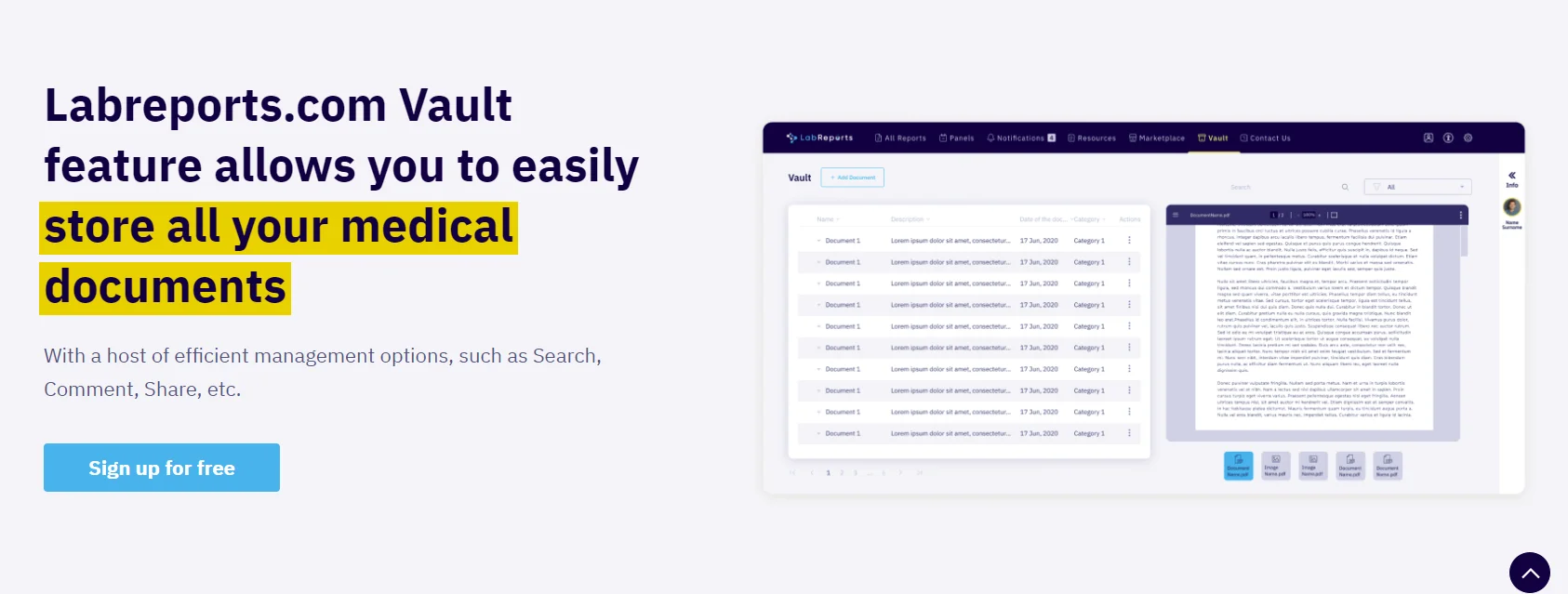3 Benefits From Adopting RPA in Accounting and Finance
Robots are increasingly becoming a staple in many workplaces as companies look for ways to cut costs and improve efficiency. RPA, or robotic process automation, is one such technology that is helping organizations to automate tedious and time-consuming tasks that would otherwise be performed by human employees. In this way, RPA can help to free up employee time so that they can focus on more value-added activities, and it can also help to reduce human error and improve consistency in task performance.
- This larger “staff” will be hard working – seven days a week – require no vacation time, and never leave a mess in the company lunchroom.
- This also includes employee engagement and so Robotic Process Automation increases employee engagement.
- By automating repetitive tasks and managing patient data, RPA can improve efficiency, reduce costs, and enhance the overall quality of care.
- It includes tasks such as verifying insurance, coding, billing, and processing claims.
- It’s also crucial to consider patient data when selecting tasks for automation to ensure the accuracy, completeness, and timeliness of information.
- For example, you might build a robot that accesses a particular database, checks the inventory count numbers for a few specific products, and reports those numbers into another system.
- In addition, they enable access to and processing of confidential data without the intervention of humans, thus lowering the risk of data breach and disclosure.
It is not compulsory for anyone to have programming knowledge for learning RPA tools. It also provides flexibility to the users in terms of transferring from any other domain to RPA. You can even transfer any complex process to the machine with some little effort. The method enables secure storage of each version of a process in progress without the risk of being deleted. The source control method enables developers to examine the difference between versions of a certain process to discover what has changed. Likewise, the control room component in some RPA products allows scheduling bots, handling bot’s versions, maintaining a log of user & bot activities, and administering users & roles.
What are the main advantages of RPA over other automation technologies?
Robotic Process Automation projects are responsible for many activities like the implementation of necessary steps, retrieving data etc. This also includes employee engagement and so Robotic Process Automation increases employee engagement. Customer Experience is also one of the key advantages of RPA which are very much essential for businesses. When it comes to Artificial Intelligence, there are few examples which reflects that customer experience can be improved while using RPA tools.
Streamline & effectively optimize all your procedures to ensure they are perfect for RPA. An RPA implementation project always requires collaboration between business analysts, information technology, process owners, and other stakeholders. It would help if you assembled a cross-functional team that can drive your project to success seamlessly.
Accelerated Productivity Gains
Bots can assist with critical tasks such as executing system backups and automating certain help desk tasks. From assisting employees with credential concerns to providing automated approvals for specific system requests, with robots, your IT team will thank you for the opportunity to offload work. None of these factors translates into a positive customer service experience for clients. With RPA, your reps can rely on robots to rapidly—nearly instantly—retrieve data for them.

With an enterprise automation platform, organizations can make the most of their RPA technology while still meeting these additional needs. With these types of insights on hand, companies can make informed decisions that ultimately allow them to better streamline their processes and boost efficiency. By making sure all processes are efficient and valuable, you cut down on waste—whether it’s process lead time, resources, or man-hours—and boost your bottom line. Below, you’ll learn about seven key RPA benefits that can help accelerate your company, and how an RPA consultancy streamlines robot deployment. Rather than stretching RPA outside of these boundaries, choose from an array of other automation tools, like business rules, IDP, and low-code automation to work in partnership with RPA.
Top 15 Business Benefits of RPA (Robotic Process Automation) Adoption
Leveraging RPA to automate rule-based tasks such as data entry, reporting, or generating mass email, increases the speed that these processes are done at. The Appian AI Process Platform includes everything you need to design, automate, and optimize even the most complex processes, from start to finish. The world's most innovative organizations trust Appian to improve their workflows, unify data, and optimize operations—resulting in better growth and superior customer experiences.

Not only this, but we also need a lesser amount of human resources to get the jobs done. This also brings the costs down and proves to be a gamechanger for your business. This is because human errors and low-quality data are estimated to cost businesses billions of dollars each year.
What does robotic process automation do?
Intelligent Automation, while still nascent, promises hugely transformative potential in the near future. To maximize the impact of robot-led automation, business leaders need to have a solid understanding of the available tools and a clearly defined strategy for automating their enterprises. A 2022 World Economic Forum report reveals that 95% of cybersecurity issues can be traced to human error. Suppose an employee lapses in updating or monitoring your firewall, and malware compromises your files.

Hope, this blog has provided you a sense of what RPA can do for your businesses. RPA features are worth looking at because they are transforming the world, apart from doing the great things for your business. We just have to avoid making the same mistake and plan the RPA solutions carefully so that we can make the best possible use of the trend. Without proper planning, it can be difficult for businesses to achieve the results they desire.
What Are the Key Benefits of RPA?
Overall, implementing RPA tools in healthcare organizations can contribute to enhanced patient care and ultimately lead to better clinical outcomes. Automation tools like RPA can also contribute to reduced wait times and increased efficiency, allowing patients to receive faster and more efficient care. Additionally, https://www.globalcloudteam.com/ RPA ensures improved data accuracy and completeness, which further enhances the overall healthcare experience for patients. Robotic Process Automation (RPA) can greatly increase accuracy in healthcare processes. By automating tasks such as data entry and record management, RPA reduces the chances of human error.

A 2020 EY survey revealed that 20-30% of employees who do repetitive tasks leave their jobs annually, requiring businesses to hire a new workforce every year, which is more expensive. Organizations that wish to succeed and be highly competitive must digital transformation and process automation automate their processes. One of the most huge benefits of robotic process automation is the expanded options it provides for process automation. In fact, over 95% of executives stated that poor data quality undermines their business performance.
